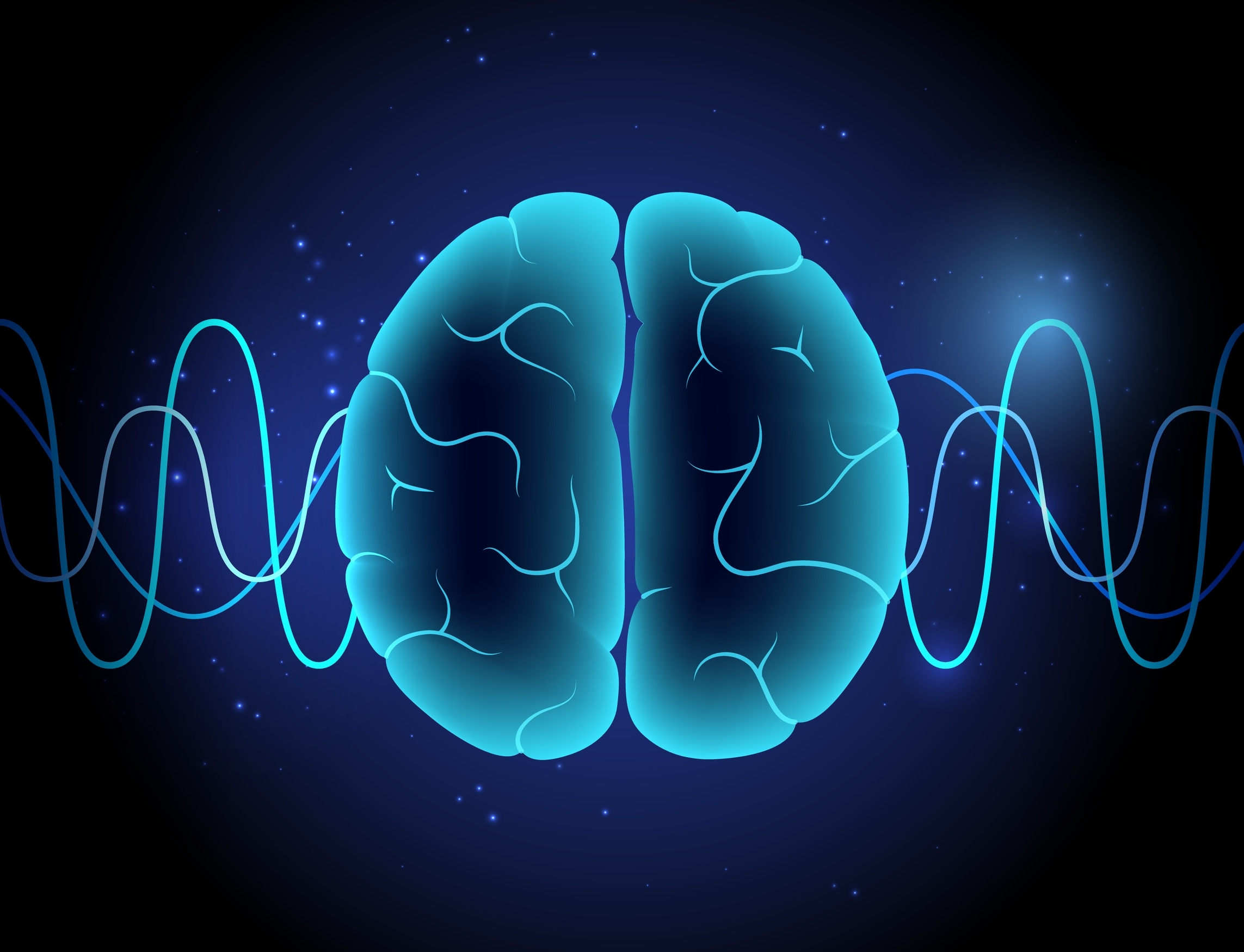from Dr. Violetta Anninou, Ph.D. Molecular Biologist with HONORS, University of Delaware, U.S.A.
There are several reasons why people might struggle with their diets and nutrition plans:
- 1. Unrealistic Expectations: Many diets promise quick results, which can be discouraging if progress is slow. Sustainable weight loss and health improvements take time.
- Lack of Personalization: A diet that works for one person might not work for another. Individual preferences, lifestyle, and metabolic differences play a big role.
- Restrictive Diets: Highly restrictive diets can be hard to maintain long-term. They often lead to feelings of deprivation, which can result in binge eating.
- Lack of Psychological Support: Having a support system can make a big difference to stay motivated.
- Emotional Eating: Stress, boredom, and other emotions can lead to overeating or choosing unhealthy foods.
- Lack of Knowledge: Understanding nutrition and how different foods affect the body is crucial. Without this knowledge, it’s easy to make poor dietary choices.
- Inconsistent Habits: Consistency is key. Irregular eating patterns and frequent deviations from the plan can hinder progress.
- Environmental Factors: Easy access to unhealthy foods and a busy lifestyle can make it challenging to stick to a healthy diet.
- Addictions: Sugar, alcohol, nicotine, and junk food are some examples
By addressing the emotional, mental and physiological factors of managing eating habits, an integrated holistic approach with Molecular Biology, Holistic Nutrition and Quantum Integrative Medicine Biofeedback can lead to a more sustainable and healthier dietary practice significantly influencing dietary choices and overall health.
What is the importance of each?
Molecular Biology: Analysis of your genetic makeup and biochemical individuality to understand how your body responds to different nutrients. This can help in creating a diet plan that is tailored to your unique genetic profile, optimizing nutrient absorption and overall health.
Holistic Nutrition: Focuses on the whole person, considering not just dietary needs but also lifestyle, emotional well-being, and environmental factors. This can provide guidance on natural and whole foods, supplements, and lifestyle changes that support overall health and well-being.
Quantum Integrative Medicine Biofeedback:Quantum Integrative Medicine Biofeedback)): Uses the latest biofeedback technology to identify and correct energetic imbalances in the body. By addressing stress and other underlying issues, this can help improve your body’s response to the diet and enhance overall health. This can help reduce stress, improve emotional well-being, and support overall health by addressing the root causes of many health issues.
It is important to see the Emotional and Mental Health Impact on Eating Habits
Stress: High stress levels can lead to emotional eating, where individuals consume food for comfort rather than hunger. This often results in poor dietary choices and overeating. This is crucial because emotional well-being significantly affects dietary choices and overall health.
Anxiety and Depression: These conditions can affect appetite and food preferences, leading to either overeating or undereating. They can also reduce motivation to maintain a healthy nutrition plan.
Emotional Triggers: Emotions like sadness, loneliness, or boredom can trigger unhealthy eating patterns as a coping mechanism.
Role of Neurotransmitters Neurotransmitters are chemicals in the brain that regulate mood, appetite, and energy levels. Imbalances in neurotransmitters like serotonin and dopamine can affect emotional well-being and eating behaviors. For example:
• Serotonin: Low levels are linked to depression and anxiety, which can lead to cravings for carbohydrates and sweets.
• Dopamine: Imbalances can affect motivation and reward, influencing food choices and eating habits.
Quantum Integrative Medicine Biofeedback therapy can be a valuable tool in addressing these issues by:
- Identifying Imbalances: It helps detect energetic imbalances and stressors in the body that may be affecting neurotransmitter levels and emotional health.
- Stress Detection, Reduction and Management: By providing feedback on physiological functions, it helps individuals learn to manage stress more effectively, which can improve emotional well-being and eating habits. Reducing stress through biofeedback can improve digestion, nutrient absorption, and overall well-being.
- Balancing Neurotransmitters: Quantum biofeedback can support the regulation of neurotransmitters, helping to stabilize mood and reduce emotional eating triggers.
- Holistic Approach: It considers the whole person, addressing not just physical symptoms but also emotional and mental health, leading to more comprehensive and effective treatment.
- Personalized Nutrition and Care: Tailoring the diet tailored to an individual’s unique genetic and biochemical needs ensuring that you get the most benefit from the foods you eat providing personalized care This ensures that the treatment plan is comprehensive and addresses all aspects of health, including mental, emotional, and physical well-being, balance and harmony
- Enhanced Outcomes: This integrated approach can lead to improved compliance with your nutrition plan and strategy to manage your weight. When emotional and psychological barriers are addressed, individuals are more likely to adhere to their nutrition plans and achieve better health outcomes. This Quantum Integrated Medicine approach can lead to more sustainable lifestyle changes. to better adherence to the diet and more significant health improvements




